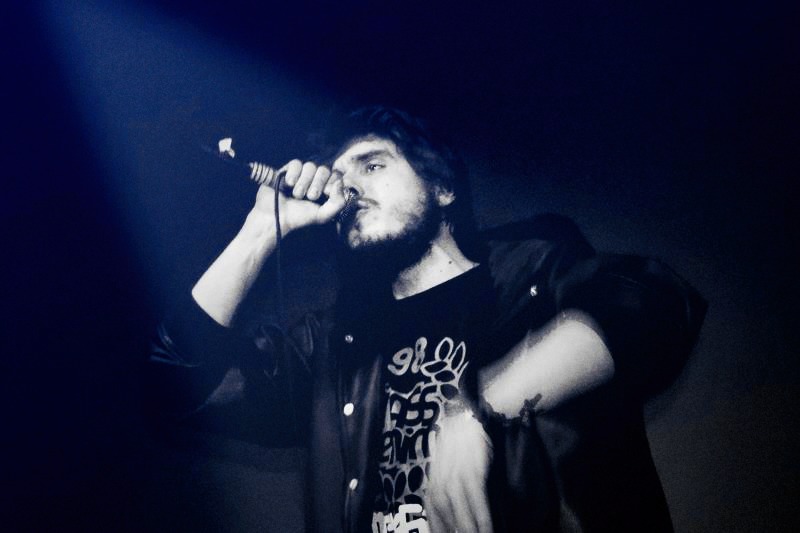A rapper from the town of Katowice sings the following lyrics: “They built us a home from thousands of coffins/I come from here/yet remember nothing of this/Those who came before me taught us differently/I come from here, yet remember nothing of this/Those who came before me taught us differently/I’m not sure whether I actually come from here/I remember nothing of this…”
These are the words of the rapper Miuosh, or rather Miłosz Paweł Borycki, who has been awarded platinum and gold records. I have never heard him. I accidentally stumbled upon his new song due to the interesting crossover between rap and the Polish National Song and Dance Ensemble “Śląsk” (Silesia), which took part in Miuosh’s new endeavor.
I was surprised and touched by this music and words. They come from a song titled “Home”, and the concept captured in the title is exactly what I speak of.
All I know about the author is that he is very popular and reaches hundreds of thousands of young people in Poland. This is why his lyrics carried even more weight with me. What do they express? Where do they originate, and from what experiences? Is this a generational experience of the modern 20- and 30-somethings (Miłosz Borycki was born in 1986)?
I’m not sure whether I am interpreting this accurately, but I read these words as a cry of longing to uncover one’s roots and find oneself within the chain of generations, to rebuild one’s memory which reaches farther and deeper than the singular individual. As the song says, “The place in which along with my brother/I tasted the first evil”.
This is a cry of longing or even remorse that this bond has been broken, that it is so difficult to rebuild. Or perhaps it is even impossible to do so, albeit painfully necessary.
In his words, I find the consciousness or rather inkling that not only am “I” important, not only my moments and my pleasure, but we must also look to the others who came before us. They “built a home from thousands of their coffins” (the everyday work, love, sin, and sacrifice of several generations).
From this perspective, we are from “somewhere” and not from “nowhere”.
Those who build this place for us are telling us “where to go”. Those who came before are praying for us. They would like to teach us how to live differently than we do now, and we do not remember anything from these teachings and prayers and “other gods”. Yet, if we do not remind ourselves, if we do not establish contact with those from before, then we will not know from where we come from. We will lose the ground beneath our feet. We will lose our home.
Is all of this an experience or rather a reflection of the generation which formed itself after the “end of history” that was announced in 1989? And which generation does this concern? Is such a reflection present in the newest generation, which probably hasn’t even heard of 1989 and is relentlessly molded by Facebook and TikTok?
These questions do not seem superficial to me, as they concern whether home and longing for settling down will overcome the all-present advertisement that seeks to “emancipate” people of their homeland, history, and the so-called pathology of the “outdated” bonds of family and tradition.





